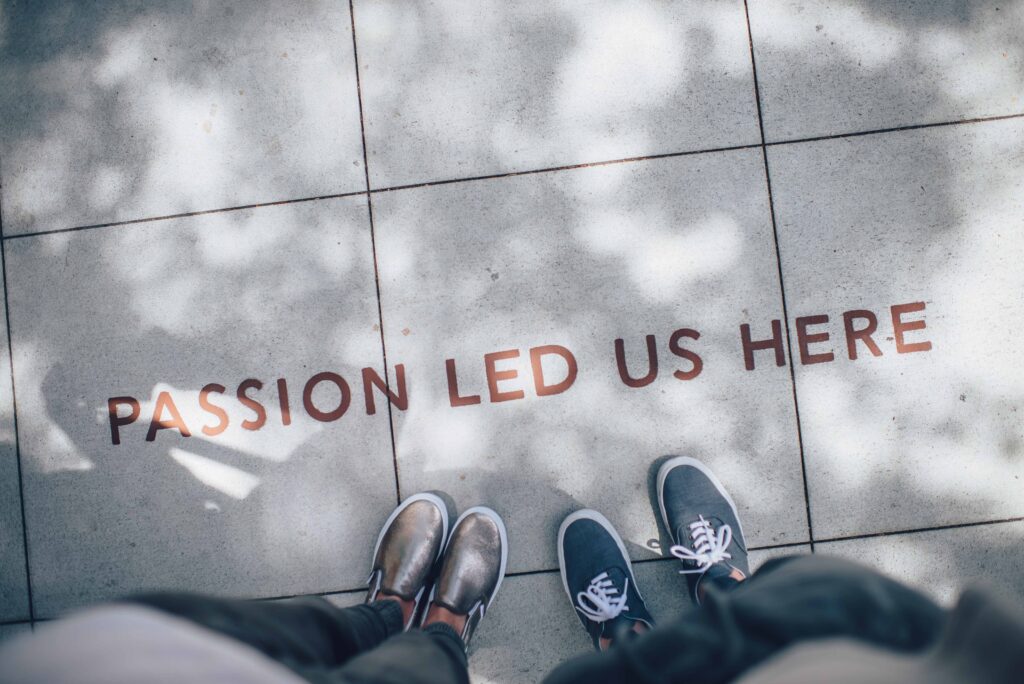
Credit: Ian Schneider at Unsplash
Historically, the mental health system, and the conversation surrounding it, has given more value to the expert opinions of providers and clinicians than the experiences of those living with mental health conditions. Today, elevating the visibility of mental health consumers is now commonplace for mental health organizations, institutions, and leaders who recognize the many advantages of giving mental health consumers more autonomy and authority in the mental health space. But what else needs to happen before we’re able to say that the mental health system is truly informed by consumer voice?
For this episode we called on two stalwarts of the mental health consumer movement in Texas: Noah Abdenour, Director of Peer and Recovery Services Programs, Planning and Policy for Texas Health and Human Services (HHS); and Anna Gray, director of Prosumers, a peer-run organization. Between the two of them, they possess lifetimes of accumulated wisdom on mental health recovery.
Peer Leadership from the Inside: Breaking New Ground
Noah’s experience as HHS’s first Director of Peer and Recovery Services Programs, Planning and Policy has been a case study in organizational culture shock. His charge is to direct the agency’s coordination of peer support training and certification for the whole state. Walking into a position with a blank canvas was equal parts exhilarating and daunting.
“You know that HHS is a massive organization that moves at the speed of the state, which is a totally different pace, a totally different way of operating that I wasn’t accustomed to,” says Noah. “So the very first challenge was you know, having the patience.”
What’s more, it wasn’t always clear how much Noah could carve out space for his own identity as a person with lived experience within an environment where that wasn’t the norm. He describes needing to temper some of his more activist impulses, and feeling a sense of “imposter syndrome” as a result.
“I think I felt the weight of our entire community for a little bit there like being the first person open with lived experience that was the reason I was hired into the position,” says Noah. “And that, like peer support was a credential that I came into the agency under. The first challenge is with the immensity of this bureaucracy there’s a lot to learn.”
Such misgivings aside, Noah considers himself blessed for the opportunity that lay before him, and believes he’s in a great position to do a lot of good for a lot of people.
“We’re nudging ourselves in; we’ve created a seat the table that didn’t exist before,” says Noah. “What we’ve done is make sure our colleagues can see that we’re level with all of them. We’re going to have a team of people that’s going to continue to advocate for more recovery support, more recovery resources as we move forward, and give those resources to our community.”
Peer Leadership from the Outside: Daring to Dream
Noah’s experience shows that the life of a person in recovery is about creating niches where none currently exist. In recounting the early days of Prosumers International, Anna emphasizes this rich tradition of consumers as niche-builders, who frequently have to claim the mantle of leadership without much in the way of a roadmap. In her early discussions with Prosumers co-founder Janet Paleo, Anna determined that her prior experience managing people gave her enough of a template for what Prosumers would offer consumers.
“One day [Janet and I] were talking and it’s like, you know, everything I’m using in management and business is about people thriving and people performing,” says Anna. “And we started having monthly groups in which we discussed what it would look like to have amazing lives, and what were the skills that we needed to live a powerful and amazing life. And it wasn’t about a diagnosis and it wasn’t about, you know, the challenges and the troublesome behaviors—it was about daring to dream.”
The focus on daring to dream is what, for many in the consumer movement, marks out the zone of recovery versus mere symptom management. Through organizations like Prosumers, people in recovery are taught to set the bar high for themselves, and to take up anew dreams previously deferred—or not even considered.
“We definitely need to continue spreading what mental health recovery is,” says Anna. “Mental health recovery is not stabilization. It doesn’t mean that we are absent of symptoms. Recovery is that we get to live our life. Recovery is that we get to have self- direction and agency in what we want to aspire to do, and we have access to the services that will empower our already existing resources.”
Related Content:
- Voices of Recovery: The Storytelling Showcase
- Consumer Voice: Its Role in Diversity, Equity and Inclusion
- In Their Words: On Recovery
- Peer Support with an Artistic Flair
